How Does India-China Tension Benefit Nepal?
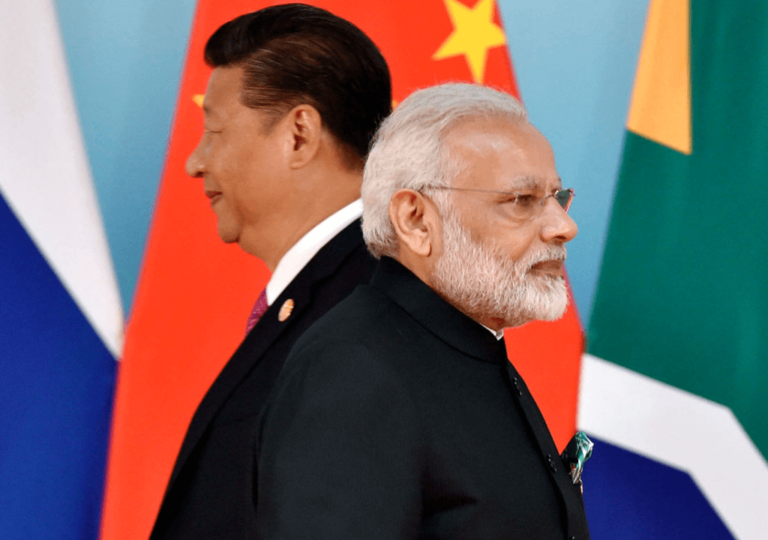
Geopolitical tensions between superpowers impact smaller nations like Nepal, caught between India and China.

Geopolitical tensions between superpowers impact smaller nations like Nepal, caught between India and China.
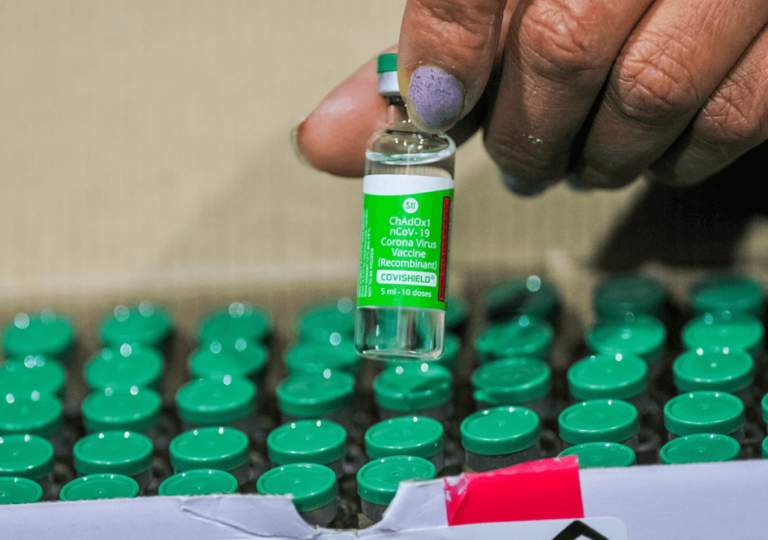
India's successful COVID-19 vaccination drive under Modi faced challenges with vaccine side effects, impacting his political future.
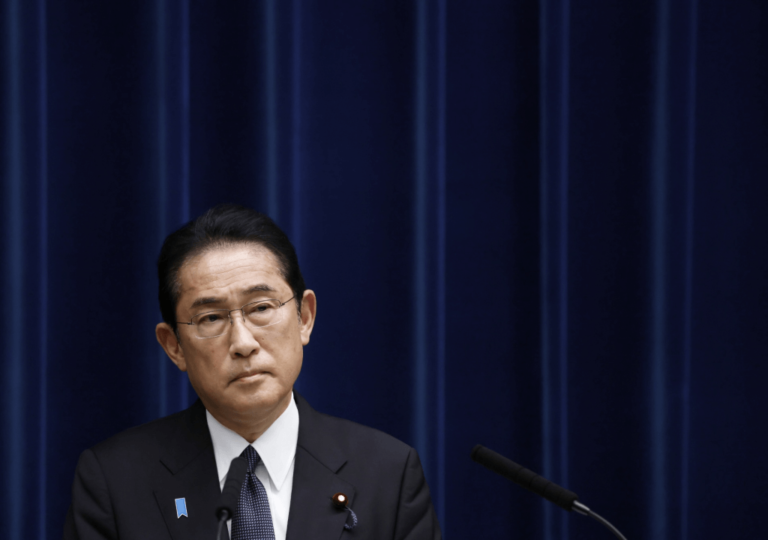
Fumio Kishida, Japan's Prime Minister, faces challenges amid economic woes and political scandals, risking his leadership as voter discontent grows.
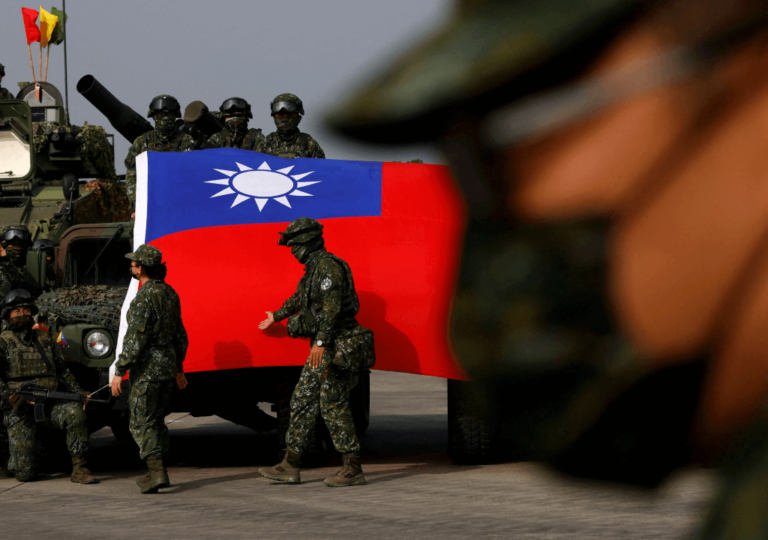
The US Foreign Aid Package allocates $95 billion to Ukraine, Israel, and Taiwan, with a focus on countering Chinese aggression in the Asia-Pacific region.
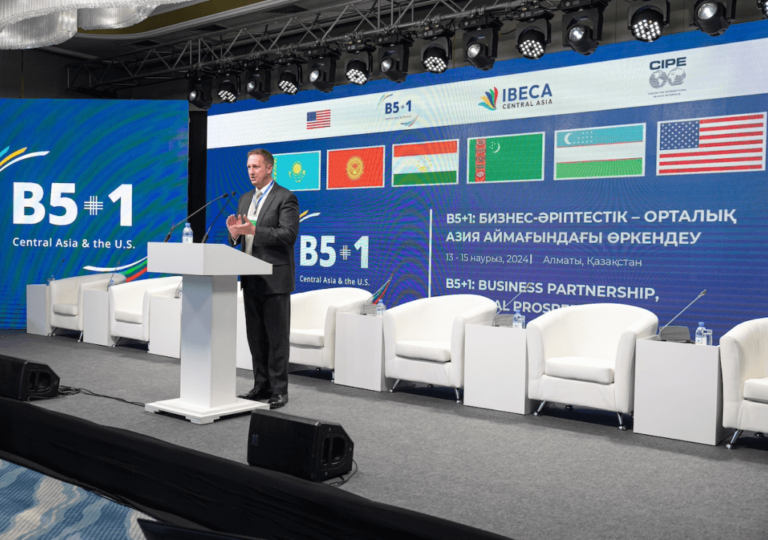
As a necessary step toward creating a single regional market, Central Asian states are removing trade barriers.
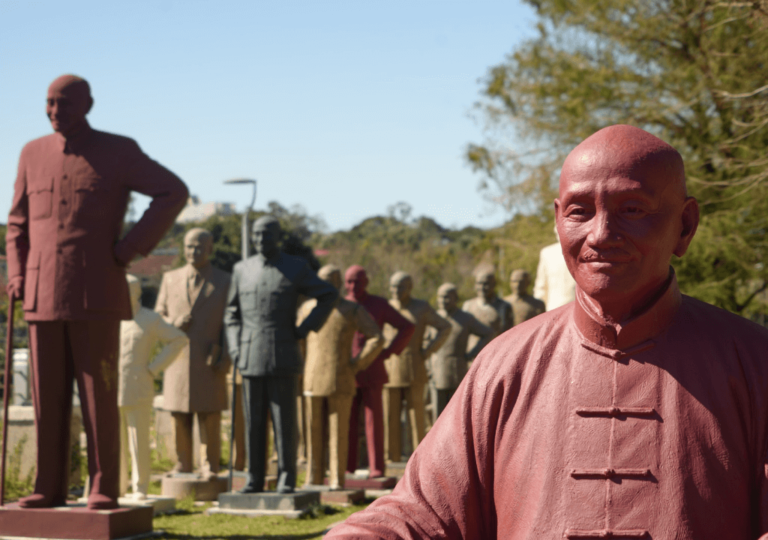
The debate over Chiang Kai Shek's legacy is essentially party-based, with the opposition Kuomintang Party accusing the ruling Democratic Progressive Party of trying to obliterate history.

Despite fears of war, global powers urge restraint to prevent catastrophic consequences. Recent drone attacks and missile strikes highlight the delicate balance between these nations, with potential involvement of allies like Russia and China.
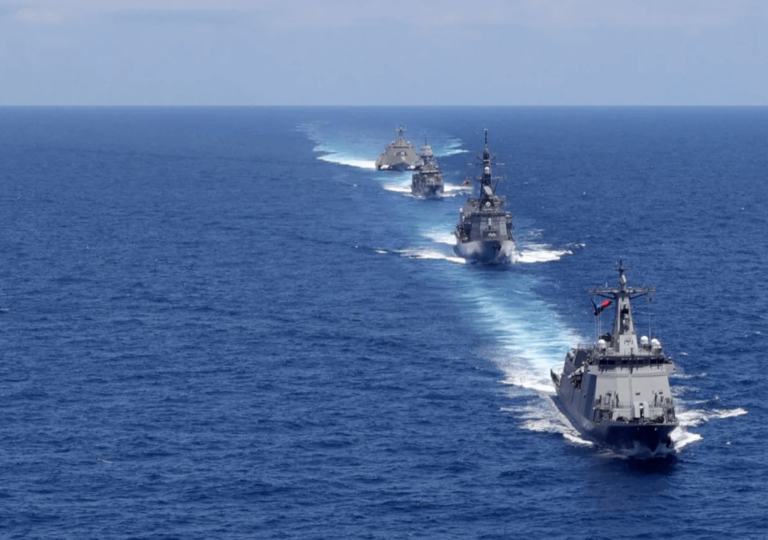
Amidst escalating tensions in the South China Sea, the Philippines and the US are conducting joint military exercises, set to provoke China and challenge its territorial claims.
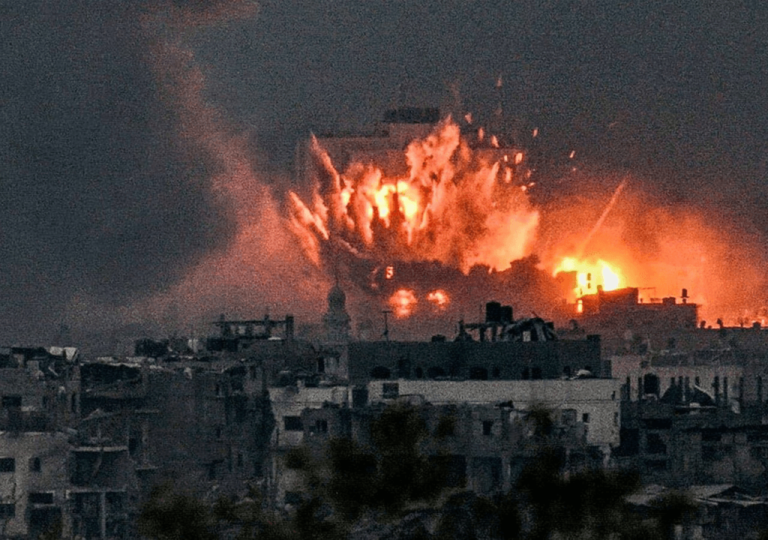
Israel's continued construction of settlements in the West Bank and East Jerusalem, threatening the prospects for a Palestinian state and violating international law. Israel also plans to control Gaza, diminishing Palestine's scope.
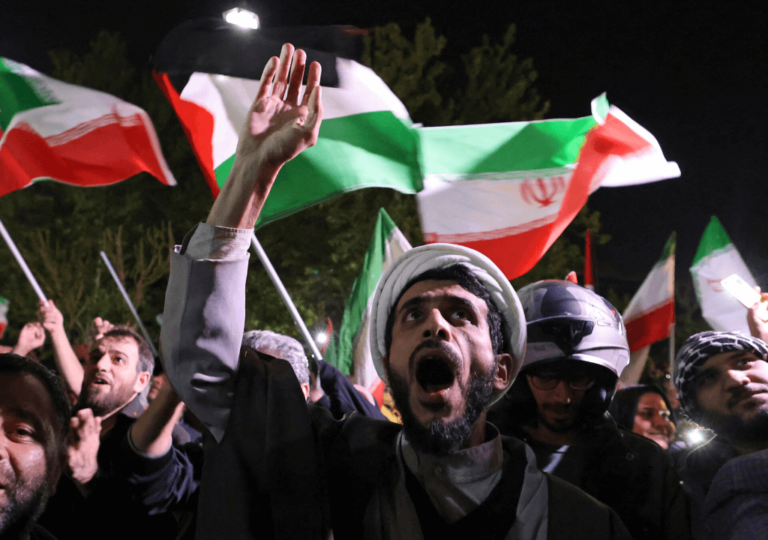
Iran launched a drone and missile attack on Israel, met with international obstruction. The conflict reflects complex political dynamics in the Middle East.